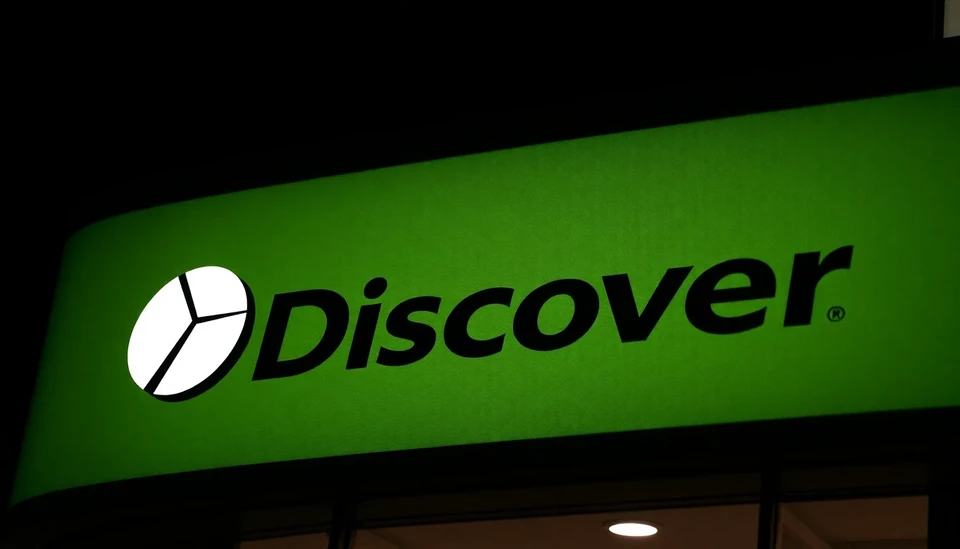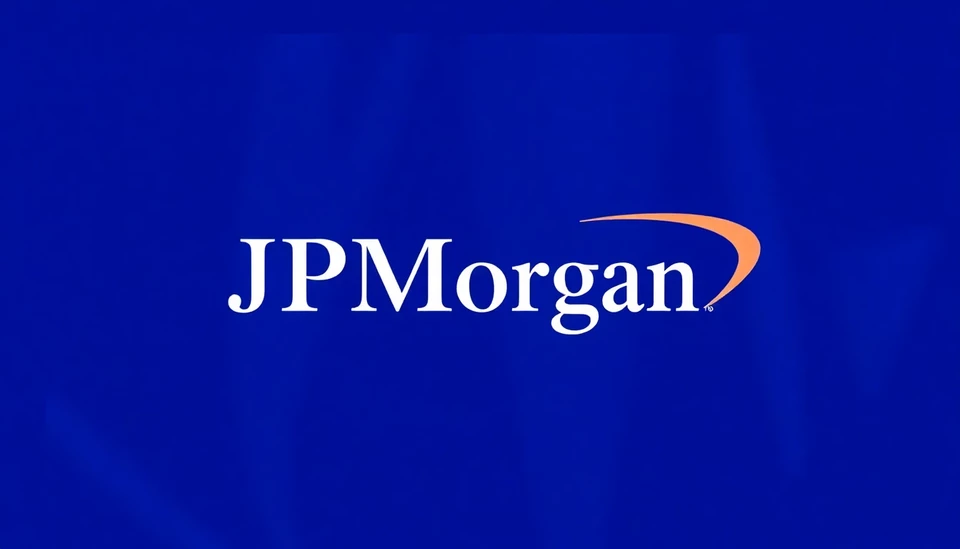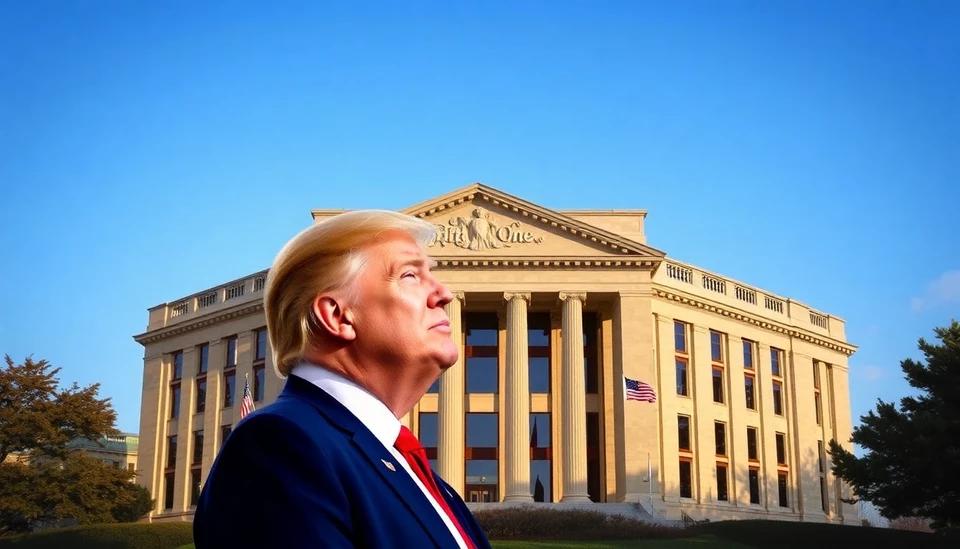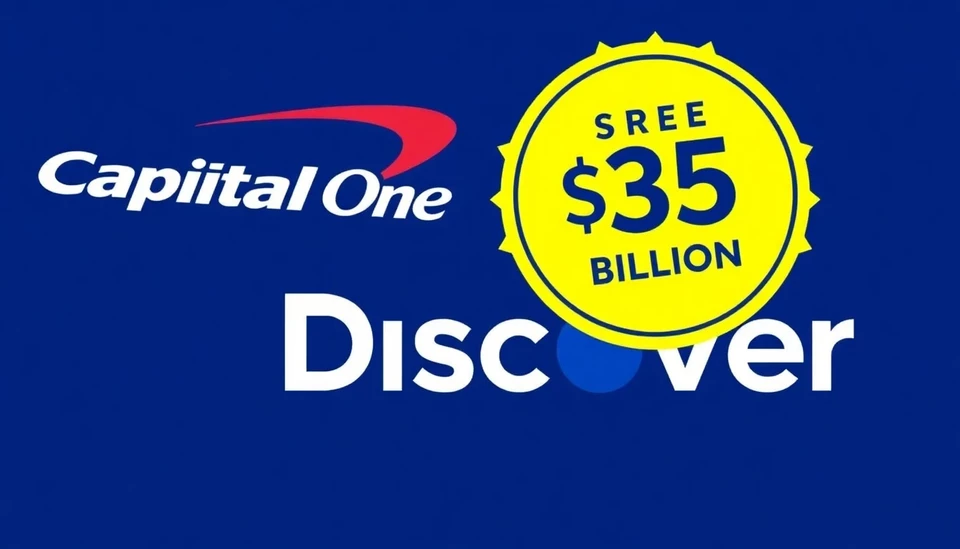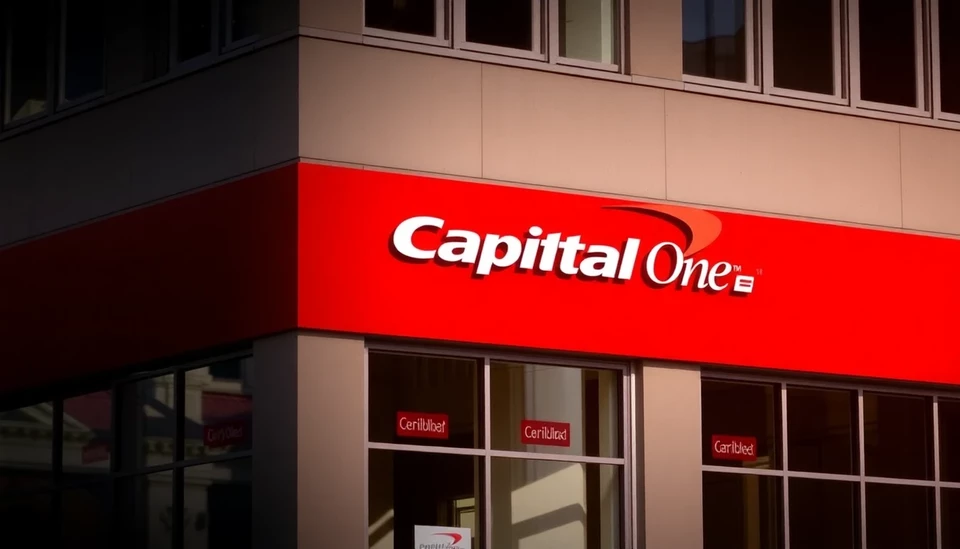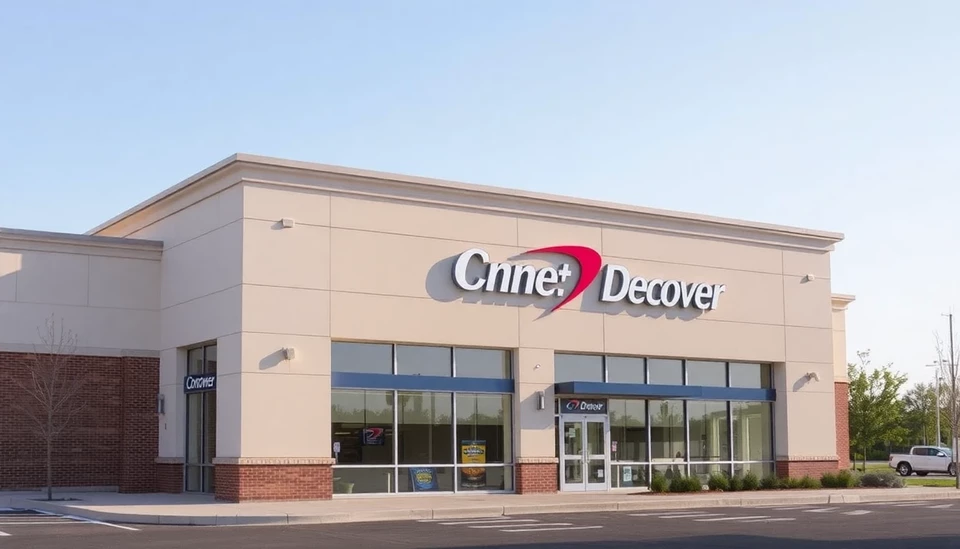
In a significant development within the financial services industry, antitrust officials from the Department of Justice (DOJ) have expressed their approval for the pending acquisition deal between Capital One and Discover. This announcement marks a crucial step forward for both financial institutions as they seek to enhance their market presence and operational efficiency.
The approval comes as part of the DOJ's careful evaluation process, aimed at ensuring fair competition within the banking sector. This merger has attracted considerable attention due to the potential implications it may have on market dynamics and consumer choice. Both Capital One and Discover are major players in the credit card market, and their combined resources could reshape how services are offered across the United States.
Regulatory experts have noted that the DOJ’s decision appears to strike a balance between encouraging business growth and ensuring consumer protection. The merger is expected to generate efficiencies that could lower costs and expand access to services for millions of Americans. Capital One has expressed confidence in the benefits that the merger will deliver, promising more innovative products and improved customer service.
Despite the green light from DOJ officials, uncertainties still linger as the merger must navigate through additional regulatory approvals and consumer sentiment. Critics of the deal have voiced concerns regarding potential monopoly power that could arise, which may impact interest rates and fees for consumers in the long term.
Industry observers are keenly watching the response from various consumer advocacy groups and legal challengers who may attempt to disrupt the progress of the merger, raising valid points about market dominance. Their reactions could play a pivotal role in shaping the final outcome of this high-profile acquisition.
As the financial landscape continues to evolve, the outcome of the Capital One-Discover merger could be a defining moment for antitrust enforcement and corporate mergers in the tech-savvy banking sector. Increasing digitization of financial services demands continued scrutiny from regulators, making it imperative that consumer interests remain a priority in the face of corporate consolidation.
As both companies move forward, stakeholders—from shareholders to consumers—will be eager to see how this major deal pans out, influencing not only the companies involved but also the entire financial marketplace.
In conclusion, while the DOJ's approval is a significant hurdle overcome, the focus will now shift to how the companies will integrate their operations and the subsequent response from the market and consumer groups.
#CapitalOne #Discover #DOJ #Antitrust #MergerApproval #FinanceNews #ConsumerProtection
Author: Samuel Brooks
